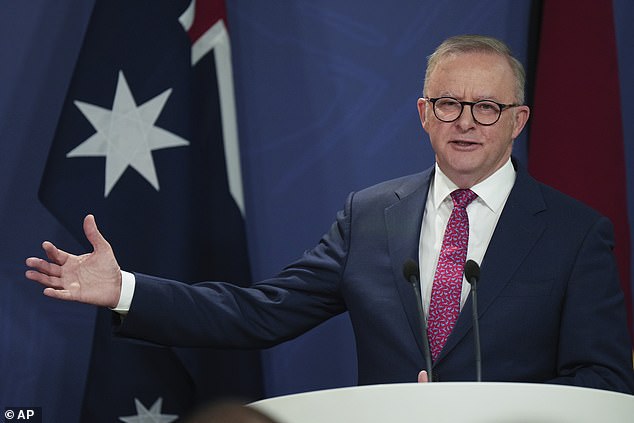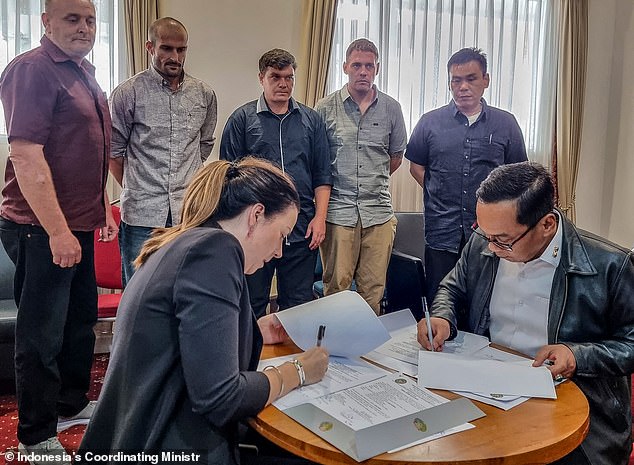Before anyone rushes to judge Anthony Albanese too harshly for pushing for the release of the five remaining members of the infamous Bali Nine, he has done what the last three Liberal prime ministers tried to do.
The only difference is that Albo has been successful. The five remaining members are now back in Australia, free after 19 years in Indonesian prisons.
Scott Morrison, Malcolm Turnbull and Tony Abbott pressured their Indonesian counterparts to repatriate the prisoners. Should they also be criticized for doing so? And they did it years ago, when the sentences handed down were carried out to a lesser extent than now.
However, Albo has been torn apart by many Australians angry at the release of the prisoners.
I would also criticize the decision IF the repatriation requirements included offenders having to be locked up in Australian jails, which would have shifted the cost of their incarceration to taxpayers.
That would be a bridge too far for me, although it would improve the quality of their lives. Why should we have to pay for their stay in prison for crimes committed abroad?
But that’s not the case here. Continued imprisonment was not part of the agreement.
The five have been released as an act of compassion by Indonesia’s new president and have returned to Australia as free citizens. What’s wrong with that?
From left to right: Martin Stephens, Michael Czugaj, Scott Rush, Matthew Norman and Si Yi Chen watch as their transfer agreement is signed by representatives from Australia and Indonesia.
Acts of compassion that shorten sentences happen all the time, both here and abroad. And the laws governing drug crimes in Indonesia are internationally recognized as too harsh and with punishments that do not fit the crime.
The controversy surrounding the prisoners’ release stems from the high-profile attention their case garnered and Albo is at a low point at the moment.
In any case, the returned members of the Bali Nine have spent the last 19 years in prison. They were all in their teens and twenties when they lost their freedom. They return in their thirties and forties, having paid a tremendous price for their bad decisions.
Other members of the Nine have already lost their lives due to the crimes they committed through execution and illness. At the time, Abbott unsuccessfully lobbied for mercy to be shown and their lives spared. He even said Indonesia should object because Australia generously donated $1 billion to help with tsunami relief.

Even if Albo has done something right, it is difficult to overcome the anger he has caused among many Australians who have done it wrong, writes Peter van Onselen.
It didn’t work, but it was the right thing to do, just as Albo has done the right thing now by helping facilitate the release of the surviving members.
Perhaps one of the reasons Albo is receiving so much criticism is because he has made many mistakes as prime minister. Even when he does something well, as he has now, it is difficult to overcome the anger he has caused among many struggling Australians.
Perhaps eating their objective compassion.
Remember, the sentencing and punishment philosophy is intended to include a combination of punishment and rehabilitation. I’m not sure how much of the latter occurs within the Indonesian justice system, but it is difficult to imagine any of the criminals, now middle-aged, repeating their actions now that they have finally tasted freedom.

